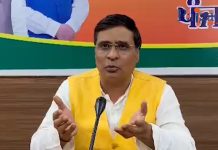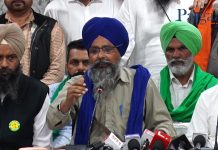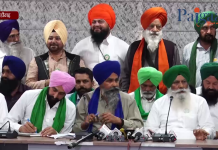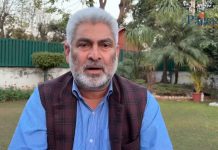Facing criticism for ordering dope test on all government servants, Punjab Chief Minister Amarinder Singh on Monday clarified that the workers found positive in test would not be sacked or punished, rather they would be provided treatment and their identities will be kept confidential.
The chief minister also said the government will pay for the treatment of drug addicts who cannot afford it.
Chairing a review meeting of the Cabinet Sub-Committee set up to monitor the progress of the government’s anti-drug campaign, Singh directed the chief secretary to formulate guidelines and standard operating procedures (SoPs) for conducting dope test on employees, including police personnel.
Amarinder Singh also ordered various steps to be taken for further augmenting the government’s efforts to ensure strict enforcement of the drug laws, as well as better systems for prevention, de-addiction and rehabilitation, according to an official spokesman.
The Punjab government had ordered mandatory dope test on all its employees including police officials.
The decision had attracted criticism from various quarters, including government employees, who have accused the ruling dispensation of targeting them.
The chief minister said the government will pursue its Enforcement-De-Addiction-Prevention (EDP) strategy with vigour in order to eliminate the drug menace from the state.
Besides making SHOs accountable for ridding villages of the menace in their respective areas in a time-bound manner, the chief minister also ordered expediting of pending drug-related cases.
It will be the responsibility of the SDMs and DSPs, along with the SHOs concerned, to ensure that their respective areas are totally drug free, said the chief minister.
The chief minister also ordered increase in outpatient opioid treatment programme and enhancement of capacity at the de-addiction centres to effectively address the needs of the drug addicts coming in for rehabilitation.
Private clinics should be roped in to boost the strength of the OOTs, he told the health department.
Underlining the need for Cabinet ministers to lead from the front to mobilise a people’s campaign against drugs, the chief minister asked them to visit various districts and hold meetings with officers concerned, NGOs and civil society to open a political and civil discourse on the issue.

















































